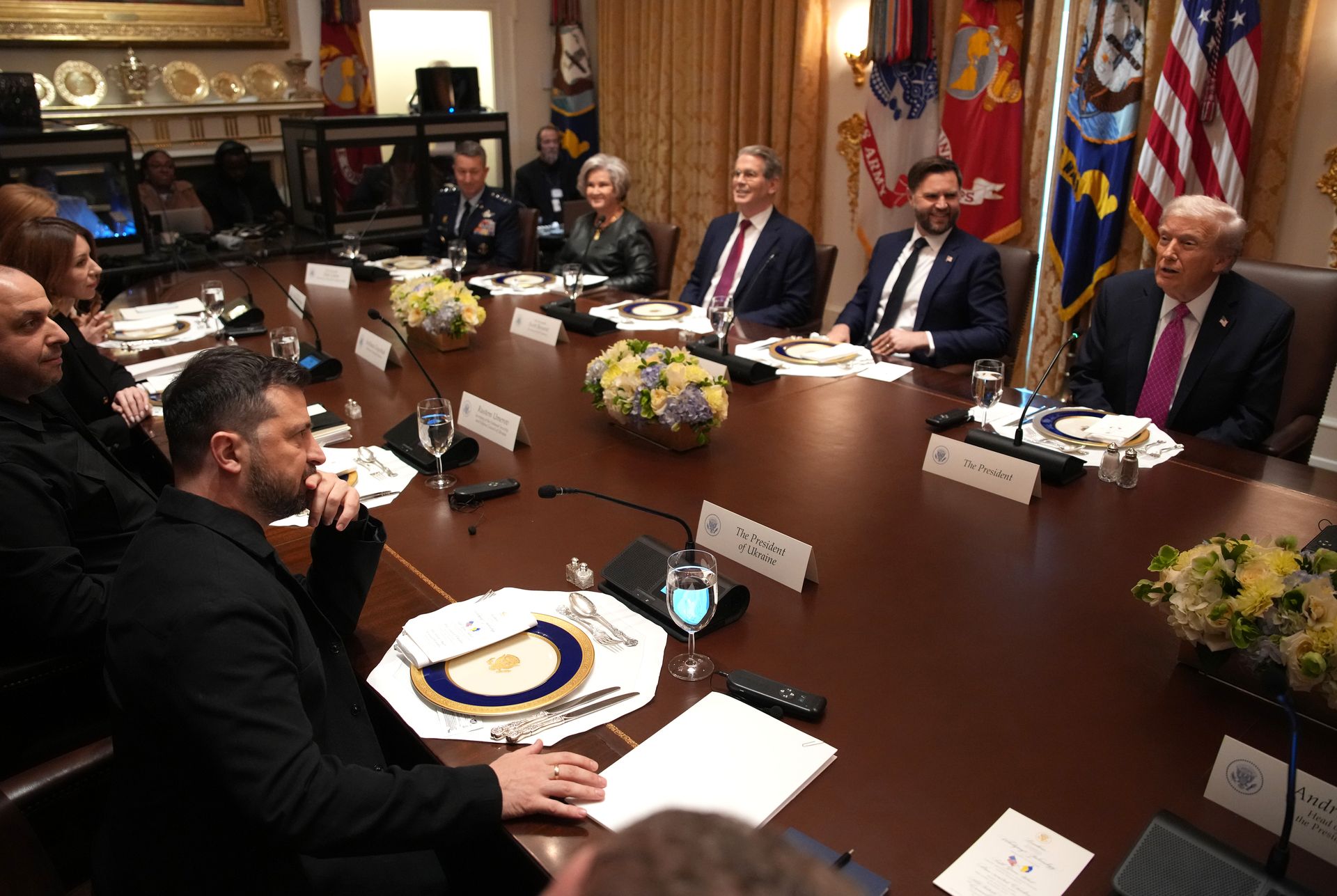EU expects to approve 19th sanctions package against Russia on Oct. 23

The European Union's 19th package of sanctions against Russia may be approved on Oct. 23, EU foreign policy chief Kaja Kallas said during a meeting of EU foreign ministers in Luxembourg on Oct. 20.
The package, unveiled by the European Commission on Sept. 19, targets Russian banks, energy revenues, and networks involved in circumventing existing restrictions imposed over Moscow's full-scale war against Ukraine.
"We are expecting this week, also, to adopt a 19th package of sanctions. Unfortunately, not today, but we have also a leaders' meeting coming up on Thursday (Oct. 23)," Kallas said.
Austria dropped its opposition earlier this week, removing a key obstacle to the bloc's agreement. Vienna had held up the sanctions over demands that the EU compensate Austria's Raiffeisen Bank for losses linked to Russian countermeasures — a proposal rejected by other member states.
Slovakia, which had also voiced reservations, remains the only country blocking the sanctions, according to EU diplomats cited by Reuters. Bratislava has requested that the issue be addressed at the upcoming EU leaders' summit on Oct. 23.
The European Commission is expected to send a letter to Slovakia in an effort to resolve the deadlock.
The package includes a complete import ban on Russian liquefied natural gas (LNG), with the measure expected to take effect in January 2027 — a year earlier than the previously planned phase-out of Russian energy imports.
It also imposes a full transaction ban on Russia's state energy companies Rosneft and Gazpromneft, sanctions on 118 vessels of the so-called "shadow fleet," and penalties against third-country traders and refineries — particularly in China.
For the first time, the EU will also impose restrictions on crypto platforms and on banks in Russia and other countries that facilitate sanctions evasion. The package further targets 45 Russian and third-country companies accused of supplying Moscow with dual-use goods.
The previous sanctions package, approved on July 18, was described by EU officials as the "strongest to date," focusing on curbing Russia's oil revenues by lowering the price cap on seaborne exports to $47.60 per barrel and sanctioning over 100 vessels involved in sanction evasion.












